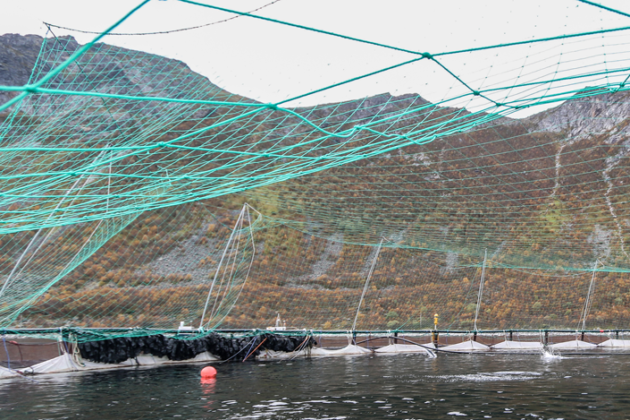Complicated administration of the aquaculture industry

The administration of the aquaculture industry is complicated and prevents a good overarching management of the sector. A new report, which is based on in-depth interviews with a number of representatives from government and industry, recommends a simplification of this structure.
The main problem with the current administrative structure is its significant fragmentation. Several ministries are involved, and decision-making authority is divided between three administrative levels (municipality, county administration and the state).
In practice, several of the agencies involved have veto power in the location approval process and can stop the approval of any location based on the sectoral interest they are to safeguard.
“In practice, this means that no agency has the overarching responsibility for balancing benefits and disadvantages. At the same time, areas of responsibility also overlap, complicating supervision and control. There is a great deal of agreement about this, among fish farmers as well as bureaucrats. However, they do not agree about what should be done to improve this structure”, says Roy Robertsen, a researcher in Nofima and the project manager of the research group that produced the report.
The administration of the aquaculture industry is highly specialised. Fish farmers have about a dozen central administrative bodies at various levels that they must relate to. In terms of the issuing of aquaculture licences, section 6 of the Aquaculture Act requires licences to have been granted pursuant to the Food Act, the Pollution Control Act, the Harbour Act and the Water Resources Act before a licence may be granted pursuant to the Aquaculture Act.
In practice, this gives sectoral authorities (the Norwegian Food Safety Authority, the County Governor, the Norwegian Coastal Administration and the Norwegian Water Resources and Energy Directorate) the power to veto aquaculture licences.
Publication
The publication is published in Norwegian language.
Contact person
Research areas
